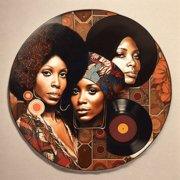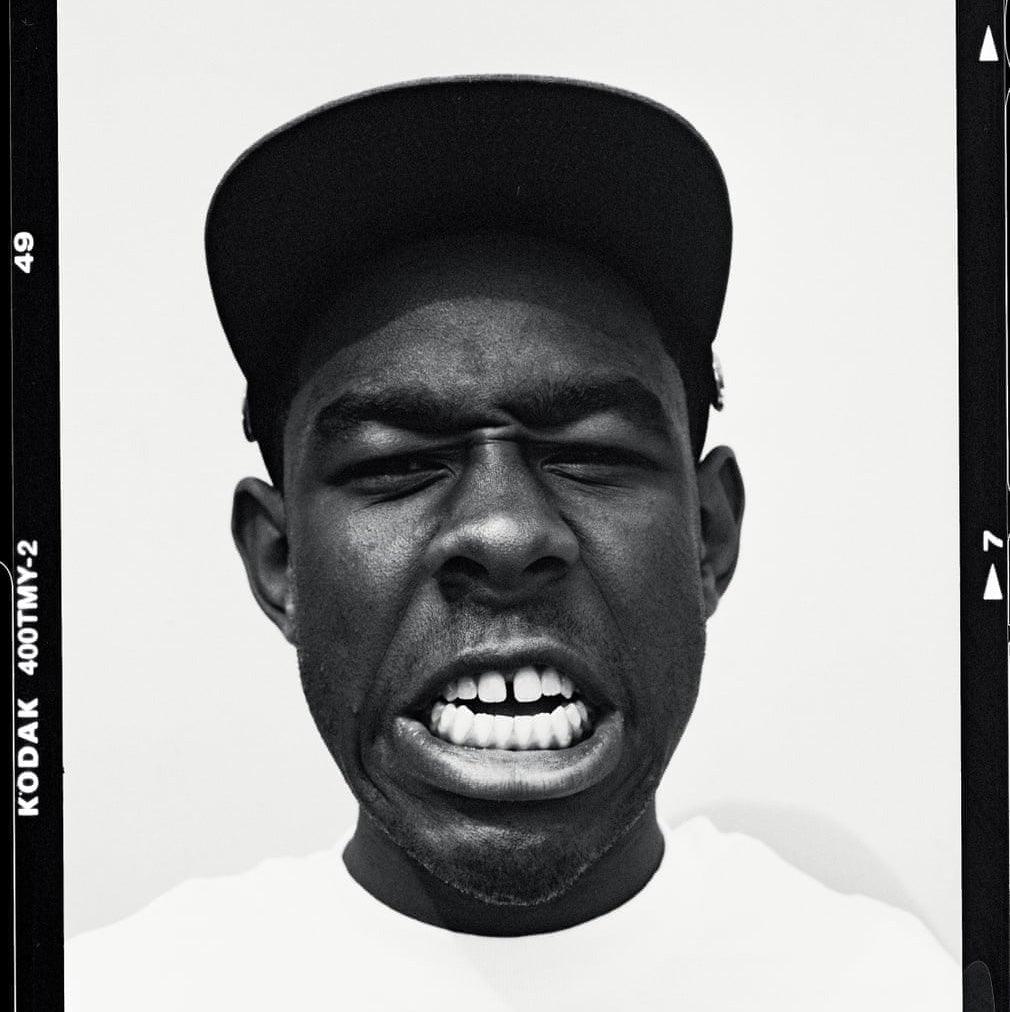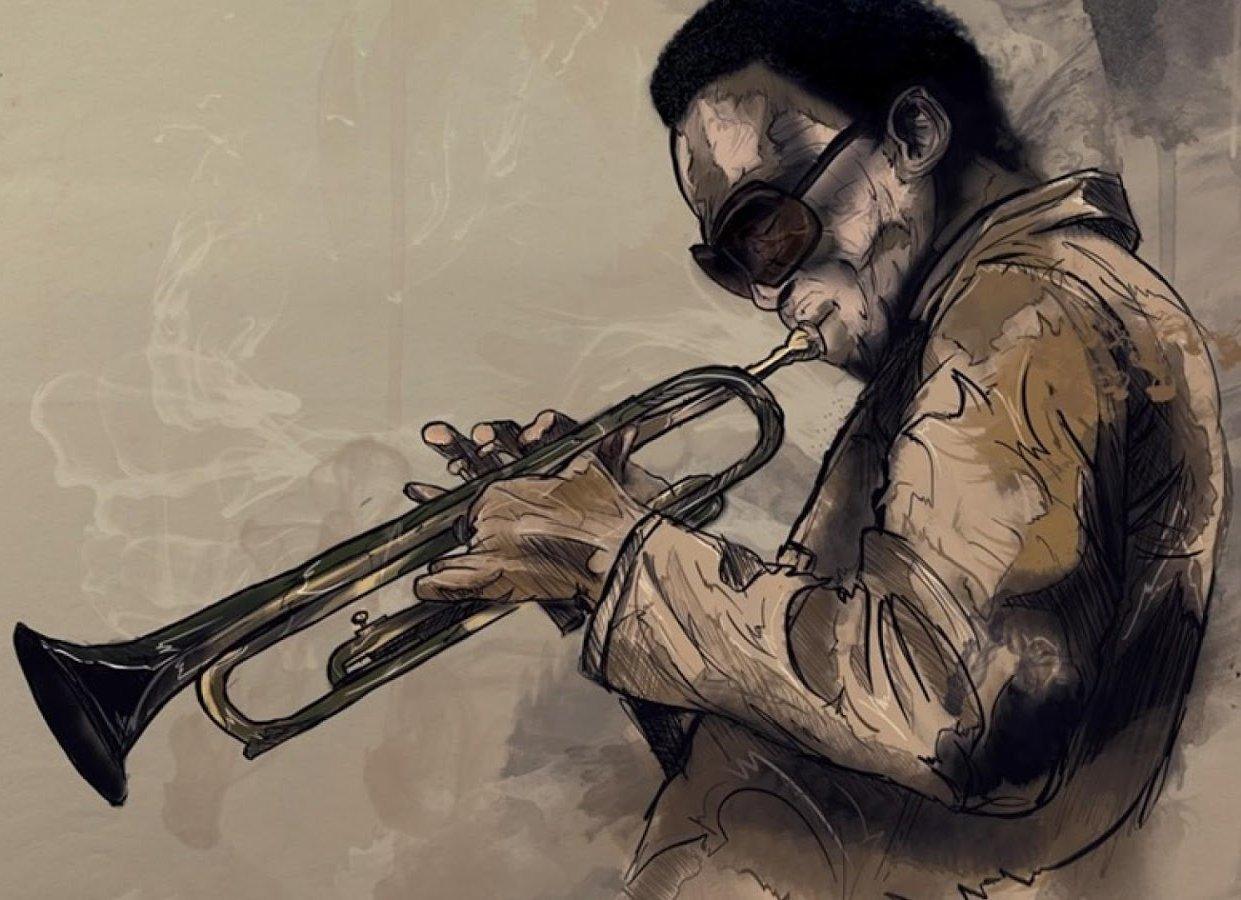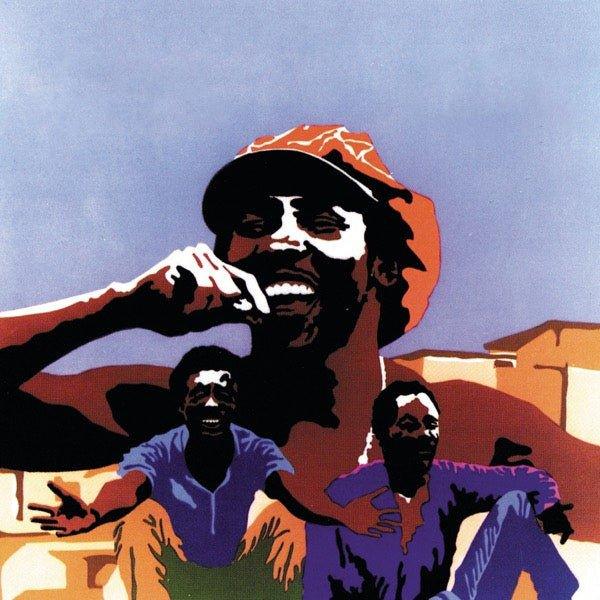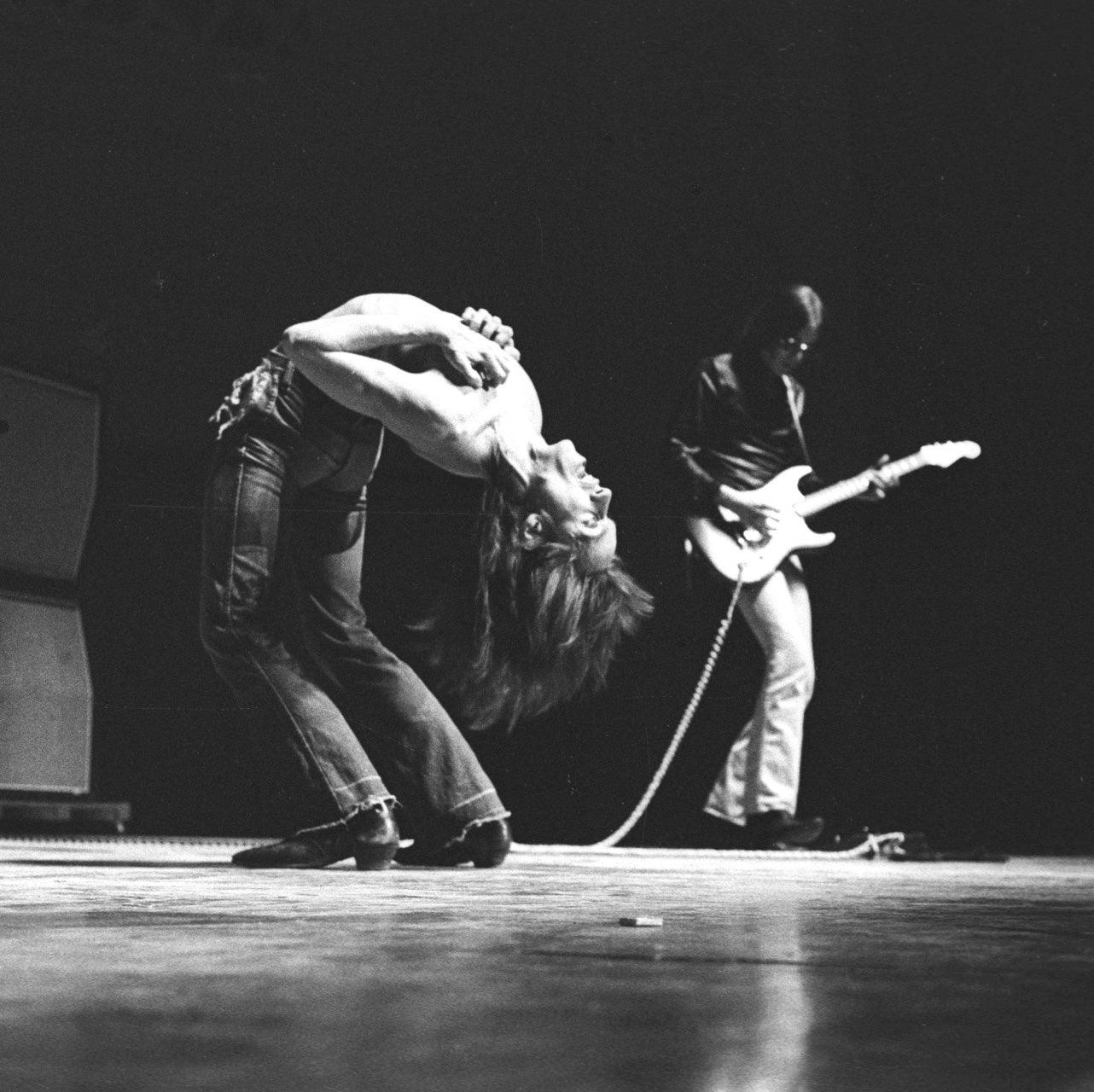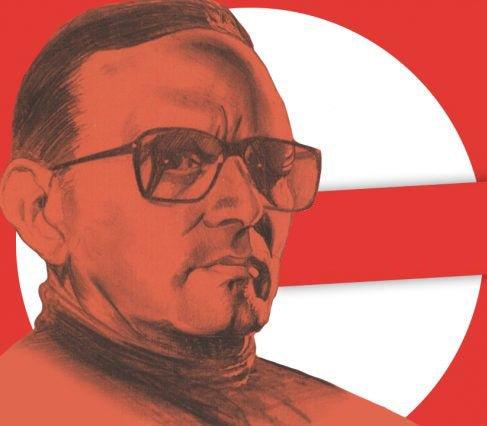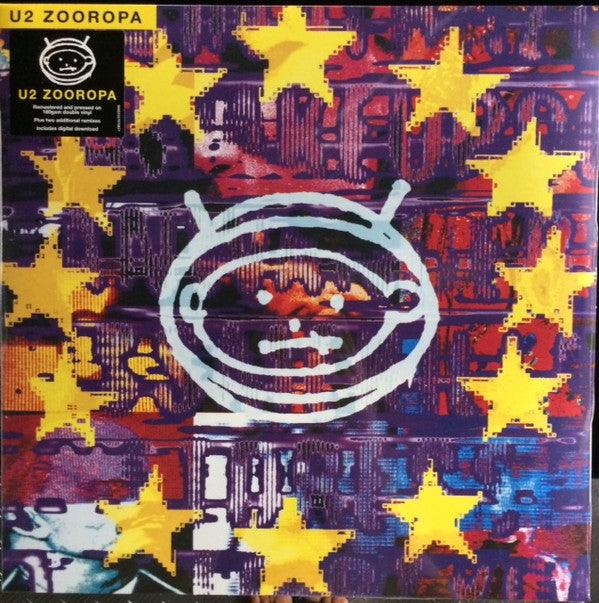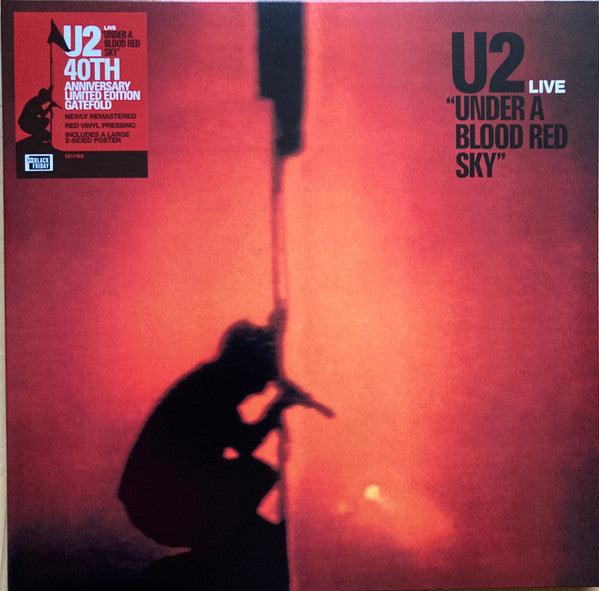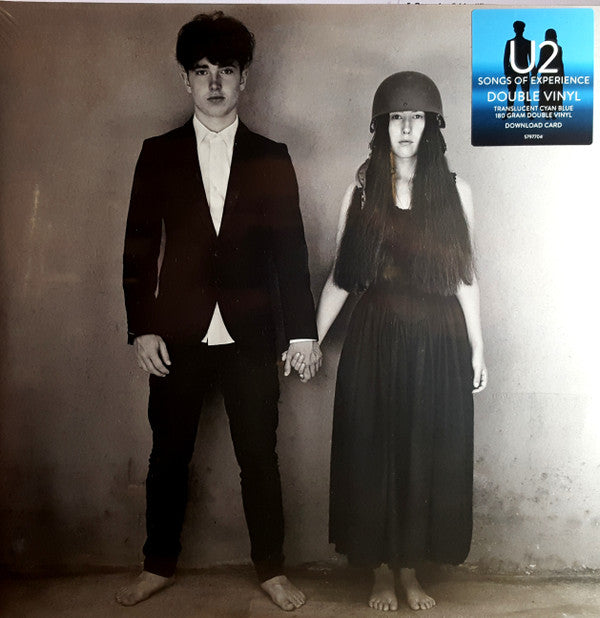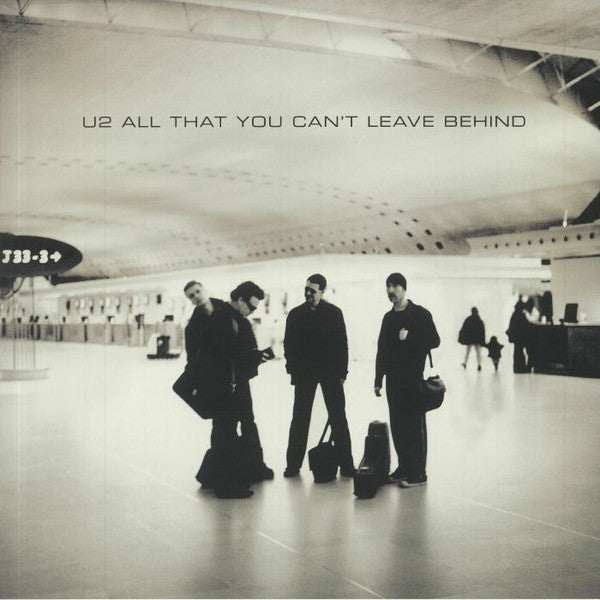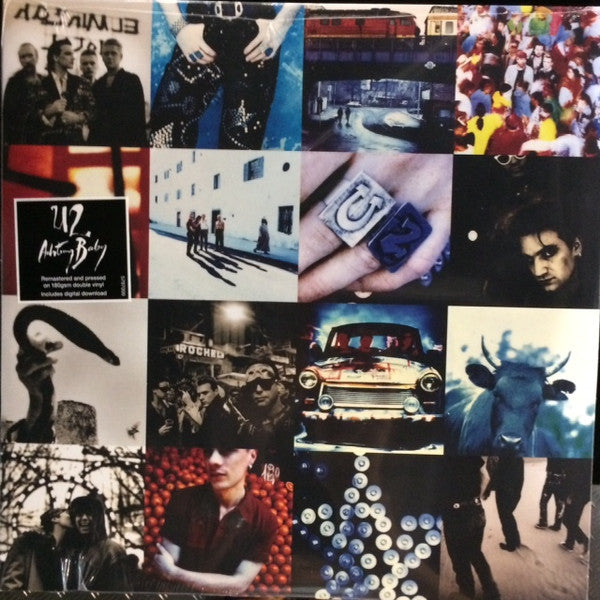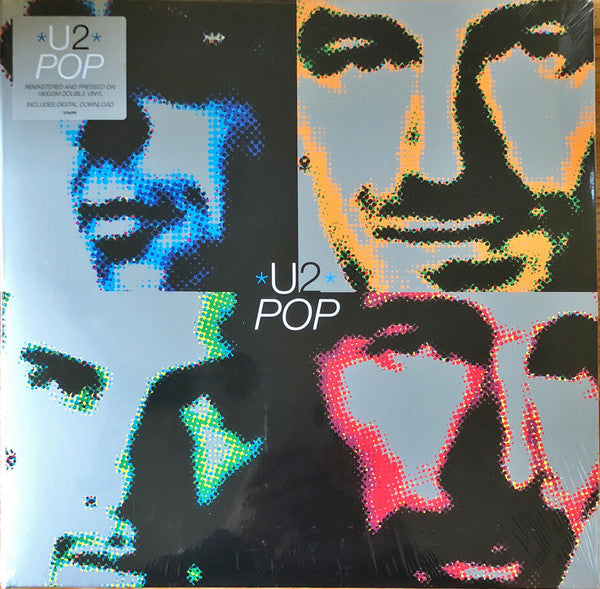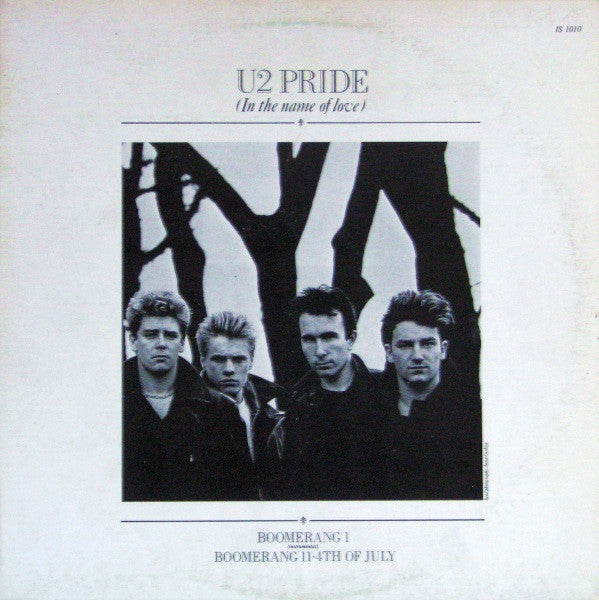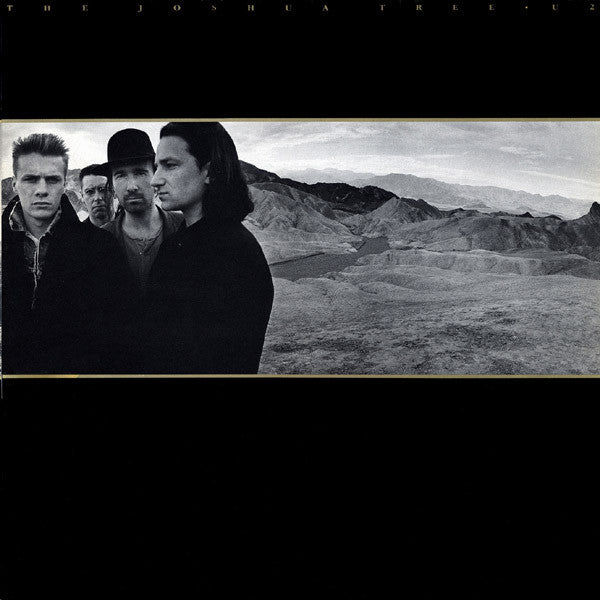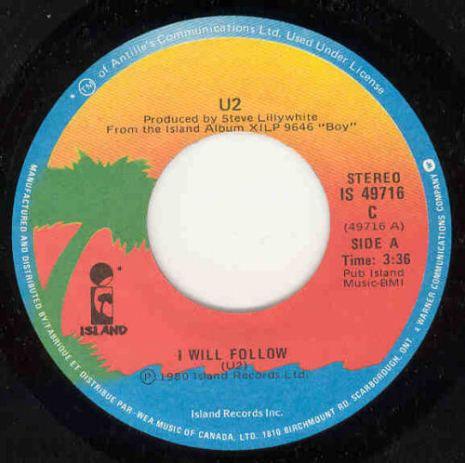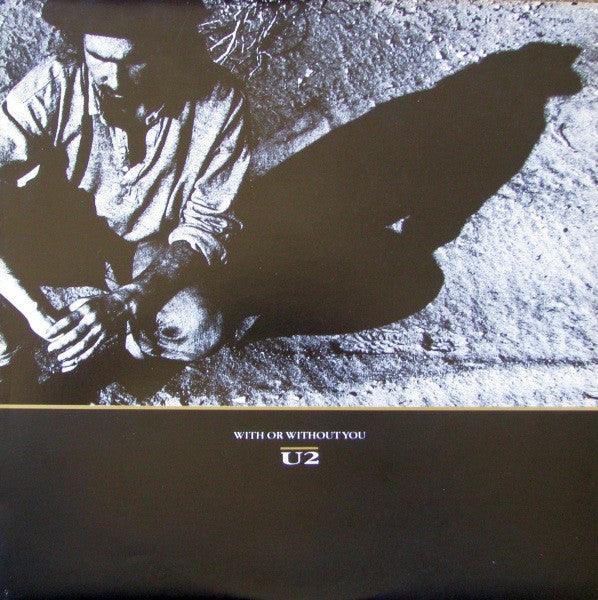U2 albums in stock
U2 - Interview Picture Disc 1987
Sale price$40.00
U2 - Two Hearts Beat As One / Sunday Bloody Sunday 2023
Sale price$33.00
U2 - Zooropa - 2018
Sale price$42.00
U2 - Under A Blood Red Sky - 2023
Sale price$55.00
U2 - Songs Of Experience - 2017
Sale price$35.00
U2 - All That You Can't Leave Behind - 2020
Sale price$55.00
U2 - Achtung Baby - 2018
Sale price$48.00
U2 - Pop - 2018
Sale price$38.00
U2 - Pride (In The Name Of Love) - 1984
Sale price$12.00
U2 - The Joshua Tree - 1987
Sale price$28.00
U2







Other Formats
U2 - Desire (Promo single) 1988
Sale price$12.00
U2 - Pride (In The Name Of Love) 1984
Sale price$7.00
U2 - I Will Follow 1981
Sale price$75.00
U2 - With Or Without You 1987
Sale price$12.00


